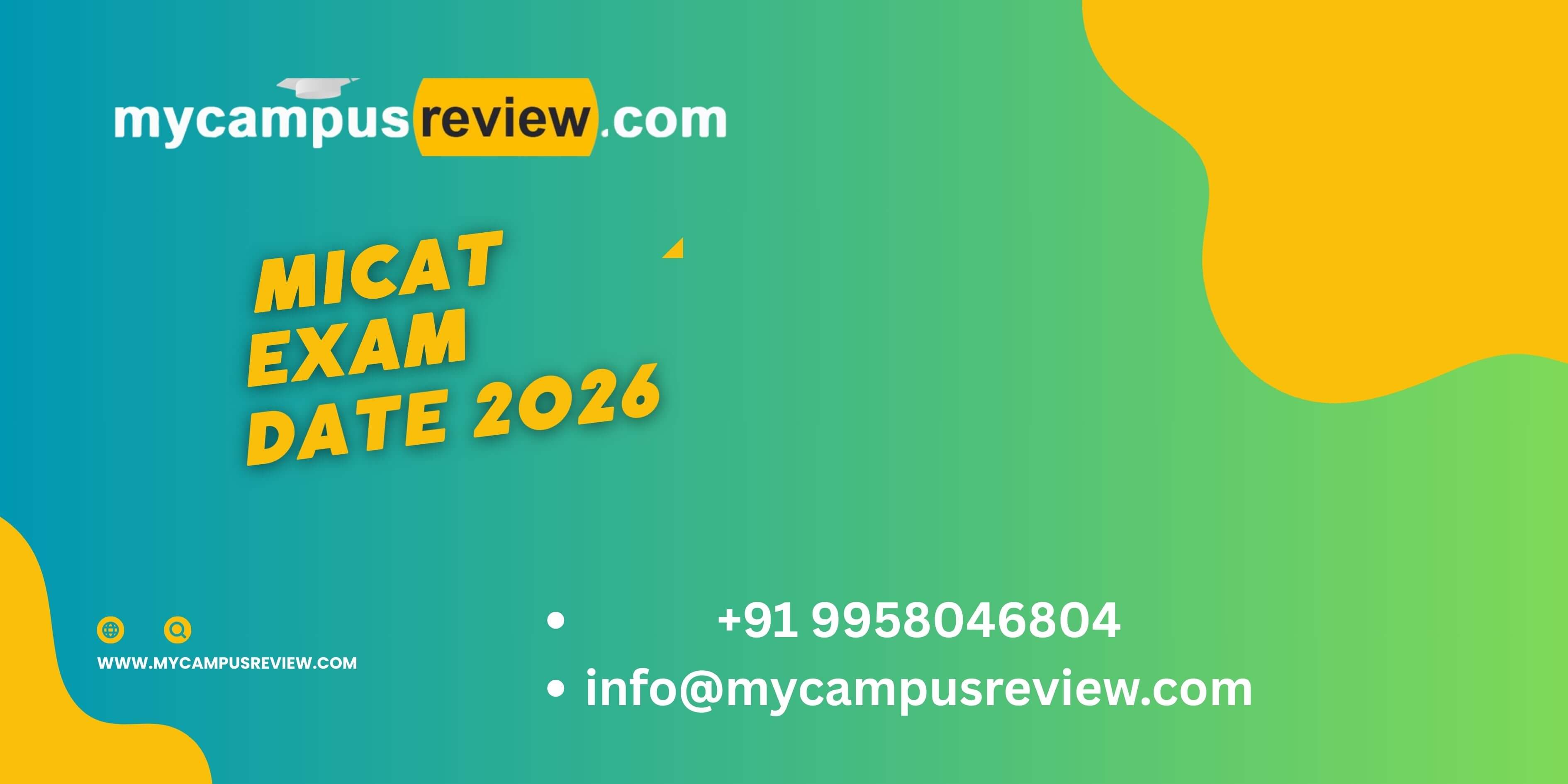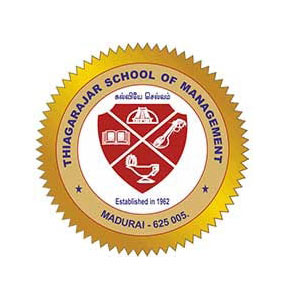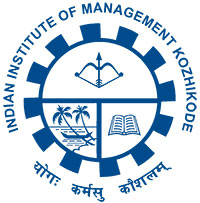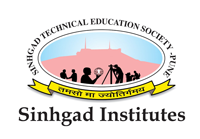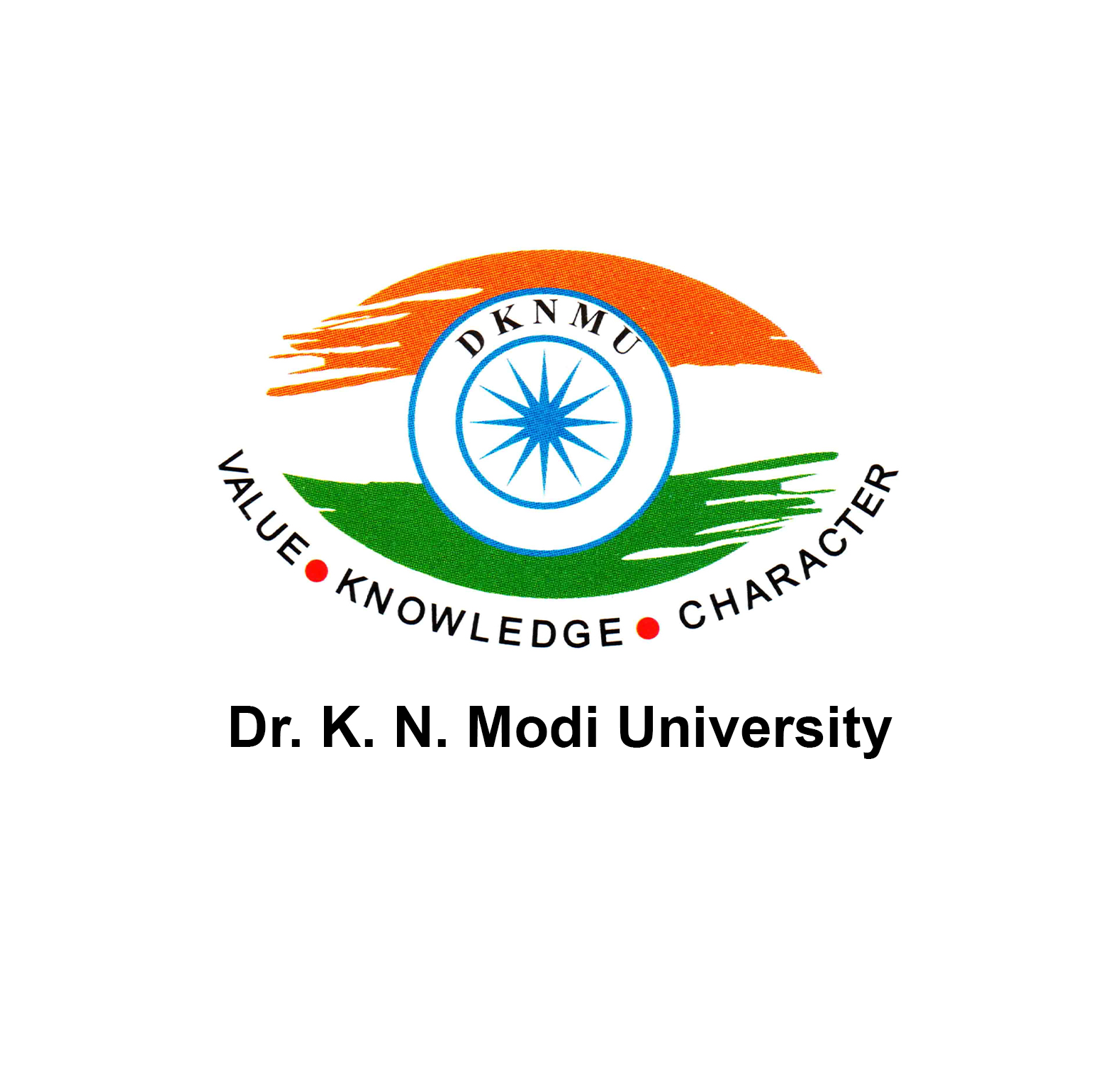The Mudra Institute of Communication, Ahmedabad, has released the MICAT 2025 notification on the official website. The notification for both MICAT I and II was released online at mica.ac.in. The candidates can fill out the MICAT I application form 2025 till November 22, 2025, for the first phase of the exam. Candidates can know more details about the MICAT 2025 exam, including important dates and other details on this page.
MICAT Exam 2025
The MICAT exam, also known as the MICA Admission Test, is an online entrance exam for MICA’s PGP programmes, such as PGDM and PGDM-C. The test includes both objective and subjective questions and is divided into three sections: Psychometric Test, Descriptive Test, and Aptitude Test.
Section C of the MICAT exam follows a competitive exam pattern and features MCQs from Divergent–Convergent Reasoning, Verbal Ability, Quantitative Ability, and General Awareness. MICA conducts MICAT in two phases, MICAT 1 and MICAT 2, and considers the better score for the GE-PI shortlist.
MICAT 2025 Important Dates
|
Events |
MICAT Important Dates 2025 |
|
MICAT I |
|
|
MICAT I Registration opens |
September 2025 |
|
MICAT I Registration closes |
November 22, 2025 at 11:50 pm |
|
MICAT I Issue of Call Letters/Admit Card |
December 03, 2025 |
|
MICAT I |
December 6, 2025 |
|
MICAT I Score |
December 24, 2025 |
|
MICAT II |
|
|
MICAT II Registration opens |
November 25, 2025 |
|
MICAT II Registration closes |
January 29, 2026 at 11:50 pm |
|
MICAT II Issue of Call Letters/Admit Card |
February 10, 2026 |
|
MICAT II |
February 13, 2026 |
|
MICAT II Score |
February 28, 2026 |
|
GE & PI Shortlist |
February 28, 2026 |
|
GE & PI at MICA, Ahmedabad |
March 9 & 10, 2026 |
|
GE & PI at Delhi |
March 14, 15 & 16, 2026 |
|
GE & PI at Bangalore |
March 21 & 22, 2026 |
|
GE & PI at Kolkata |
March 21 & 22, 2026 |
|
GE & PI at Mumbai |
March 27 & 28, 2026 |
|
Final Results |
On or before April 15, 2026 |
MICAT 2025 Notification
The MICAT 2025 Notification has been released to inform candidates about the admission process for MICA’s PGDM programmes. The MICAT notification PDF includes details about eligibility, exam dates, and registration steps. It also consists of the MICAT exam pattern and syllabus. As per the MICAT exam notification, the candidates must have taken CAT 2025, XAT 2026, or GMAT (2024 onwards) to apply. Go through the MICAT 2025 Notification PDF and download it to know the complete details about the exam.
MICAT 2025 Eligibility Criteria
- Candidates must have taken or will be taking CAT 2025, XAT 2026, or GMAT (2024 onwards).
- They should also hold a bachelor’s degree or an equivalent qualification approved by the Association of Indian Universities (AIU).
- Students who are in the final year of their bachelor’s degree can also apply for MICAT 2025.
MICAT Application Form 2025
The MICAT Application Form 2025 has been released online on the official website. Candidates can use the MICAT apply online link 2025 and fill it until November 22, 2025. Presently, the online registrations for MICAT I are ongoing. However, the online form filling for MICAT II will commence on November 25, 2025.
- Visit the MICA website and click the MICAT 2025 Online Form link.
- Enter your basic details and read all instructions carefully.
- Click I Agree to accept the terms and conditions.
- Select Submit to continue.
- Choose Go to MICAT 2025 Online Form from the top-right corner.
- Fill in personal details such as parents’ information, date of birth, gender, nationality, and marital status.
- Upload your photo and signature in the correct format.
- Enter your academic records and work experience, if any.
- Choose CAT, XAT, or GMAT as your qualifying exam for MICAT 2025.
- Select your preferred programme, exam centre, and GE & PI centre from the options.
- Pay the fee to complete the MICAT Application Form 2025.
MICAT Application Fee 2025
Candidates can pay the MICAT fee online through Mastercard, Visa Card, or internet banking. Those applying for both MICAT phases must pay the fee separately for each phase. Applicants choosing both PGDM and PGDM-C courses need to pay an additional INR 500 along with the standard registration fee.
|
Category |
MICAT Application Fee (INR) |
|
MICAT Registration Fee (per phase) |
2,500 |
|
Additional Fee for applying to both PGDM and PGDM-C |
500 |
MICAT Exam Pattern 2025
The MICAT exam is held once every year for admission to the PGDM programmes at MICA, Ahmedabad. Since MICA does not publish the complete MICAT exam pattern, candidates must refer to the structure followed in the previous test cycle.
|
Mode of examination |
Computer-based (CBT) |
|
Total Sections |
3 |
|
Total Number of questions |
Section A: 150 Section B: 4 Section C: 70 |
|
Question type |
Section A: Objective Section B: Subjective Section C: Objective |
|
Maximum marks |
Section A: Qualifier only Section B: 70 Section C: 70 |
|
Frequency |
Twice |
|
MICAT 2025 Exam duration |
135 minutes |
|
Exam language |
English |
MICAT Syllabus 2025
The MICAT Syllabus 2025 covers three major components: the Psychometric Test, the Descriptive Test, and the Aptitude Test. The Psychometric Test evaluates personality traits, while the Descriptive Test checks creative and analytical writing skills.
The Aptitude section includes Verbal Ability, Quantitative Ability, General Awareness, and Divergent–Convergent Reasoning. Go through the table below to know about the section wise MICAT 2025 syllabus.
|
Sections |
MICAT Syllabus 2025 |
|
Verbal Ability |
Reading comprehension passages, English grammar basics, vocabulary usage, para-jumbles, antonyms and synonyms, spelling identification, one-word replacements, common idioms, sentence improvement, fill-in-the-blanks, and other verbal ability tasks. |
|
Quantitative Ability |
Geometry, trigonometry, mensuration, number systems, HCF & LCM, surds and indices, time, speed and distance, logarithms, and concepts from modern mathematics. |
|
General Awareness |
Business and economy, arts and culture, media and advertising, international affairs, major brands, sports events, current news, entertainment, books and authors, and essential static GK. |
|
Divergent–Convergent Reasoning |
Puzzles, family relation problems, coding-decoding, number and letter series, seating plans, data organisation sets, data sufficiency, caselets, charts and graphs, tables, Venn diagrams, pie charts, and syllogisms. |
MICAT Exam Centres 2025
MICAT 2026 is conducted in nearly 50 cities across India, giving candidates the flexibility to choose a convenient exam location. These test centres of MICAT 2025 are spread across major metropolitan areas as well as regional cities. Aspirants can go through the detailed list of exam cities in the table below and select their preferred centre during the MICAT 2025 registration process.
|
MICAT Exam Centres 2025 |
||
|
Ahmedabad |
Ghaziabad |
Mumbai |
|
Aizawl |
Gurgaon |
Muzaffarnagar |
|
Ajmer |
Gwalior |
Nagpur |
|
Aligarh |
Guwahati |
Noida |
|
Allahabad |
Hyderabad |
Panjim |
|
Bareilly |
Indore |
Patna |
|
Bangalore |
Jabalpur |
Pune |
|
Bhopal |
Jaipur |
Raipur |
|
Bhubaneswar |
Jamshedpur |
Rajkot |
|
Chandigarh |
Jammu |
Ranchi |
|
Chennai |
Kanpur |
Surat |
|
Dehradun |
Kochi |
Trivandrum |
|
Delhi |
Kolkata |
Udaipur |
|
Dhanbad |
Lucknow |
Vadodara |
|
Faridabad |
Meerut |
Varanasi |
|
Gandhinagar |
Navi Mumbai |
Visakhapatnam |
MICAT Admit Card 2025
The MICAT 2025 admit card is now available for candidates who successfully finished the registration on time. All applicants can access and download their MICAT admit cards through the official website, mica.ac.in, where MICA uploads separate hall tickets for the first and second phases of the exam.
Candidates must carry a printed MICAT call letter to the test centre on exam day. It is essential to keep the admit card of the MICAT exam 2025 safe until the admission process is fully completed.
MICAT Scores 2025
The MICAT score card 2025 will be released after the examination is over. The result and scorecard are announced at least 10 to 15 days after the exam is over. The scorecard helps the candidates to know about the total marks scored and their final qualifying status in MICAT 2025. Candidates have to keep their login credentials handy to know their results.
MICA Question Papers 2025
Candidates must download the MICA previous year question papers for the last five years. These question papers help candidates to understand the type of questions, sectional weightage, and overall difficulty level. Additionally, these MICA question papers also help candidates with practising questions asked earlier in the previous exam.
MICA Sample Paper 2025
The authorities have also released the MICA Sample Paper 2025 for the PGP course. The candidates can download and go through the sample paper to understand the structure of the examination. It also helps one to get practice questions before the MICA 2025 exam. Additionally, you can practice these questions to know about their overall preparation level before the exam.
FAQs About MICAT
1. What is MICAT 2026?
MICAT 2026 is an online entrance exam conducted by MICA, Ahmedabad for admission to its PGDM and PGDM-C programmes.
2. Who can apply for MICAT 2026?
Candidates who have a bachelor’s degree and have appeared or will appear for CAT 2025, XAT 2026, or GMAT (2024 onwards) are eligible to apply.
3. How is the final selection done for MICAT 2026?
MICA considers the better score from MICAT 1 or MICAT 2, along with CAT/XAT/GMAT scores, and performance in the Group Exercise (GE) and Personal Interview (PI).
